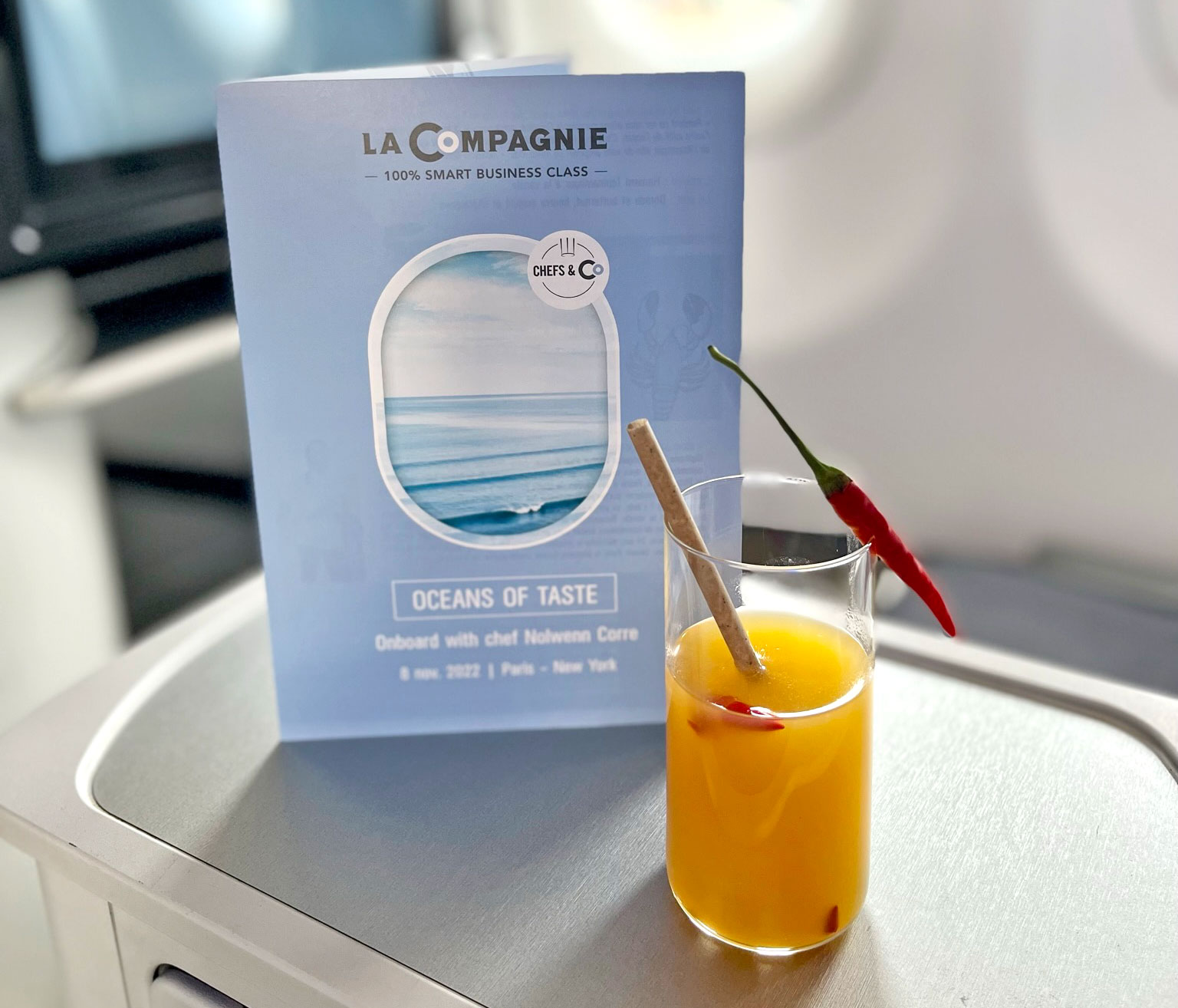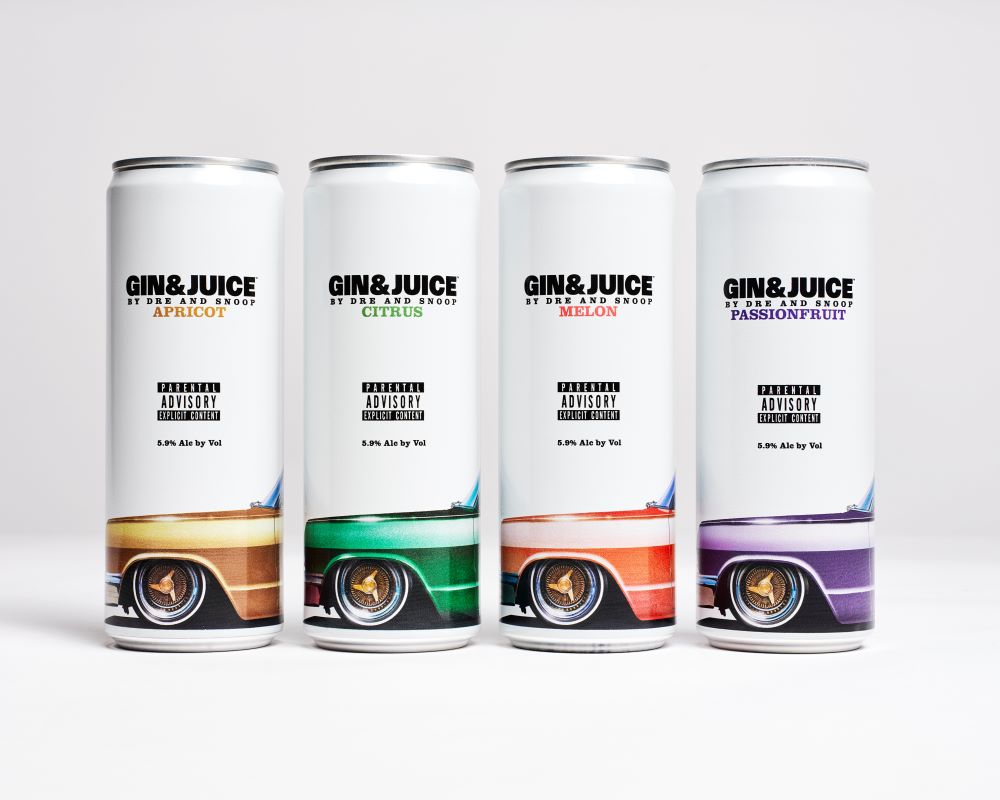[ad_1]
After a very indulgent week of consuming and consuming, I vowed to prioritize well being and longevity. One of many first issues I did was swap my every day espresso for natural teas and tisanes. I’m notably keen on tulsi, the Ayurvedic herb also referred to as holy basil. Some folks imagine it has anti-inflammatory advantages and may alleviate bodily, chemical, and psychological stress. I discover it comforting and scrumptious. My go-to loose-leaf tulsi is from Alaya Tea, a direct-to-consumer (DTC) model I first discovered about from the proficient journalist Mackenzie Chung Fegan.
Based by Smita Satiani and Esha Chhabr in 2019, Alaya works with regenerative, natural, and biodynamic farms and tea estates in northern India’s Himalayas. The corporate is refreshingly clear about its sourcing practices and prices. Plus, in contrast to many plastic-wrapped DTC merchandise I’ve tried, the packaging for Tulsi teas is totally compostable.
Better of all, Alaya Tulsi Tea tastes unbelievable. Earthy and full-bodied, it has a delicate sweetness that I discover deeply satisfying. I are inclined to drink mine within the late afternoon. However a pot of tulsi would make an equally beautiful breakfast tea or night sipper. For me, it’s all the time a restorative deal with, not some punitively “wholesome” antidote to per week of hedonism.
There’s a nice ritual to brewing a pot of loose-leaf tea, too. As a chronically on-line particular person, I discover it considerably meditative to observe Alaya’s rigorously cultivated herbs infuse near-boiling water for a couple of quiet, uninterrupted moments. Positive, an individual might use the 5-minute steeping time to examine their Slack messages or refresh their varied e mail or social media apps. However that strikes me as counterproductive. There are plenty of methods to focus in your well being. Taking a couple of minutes to repair your self a glass of one thing that makes you’re feeling nice looks like a wonderful place to begin. $14, alayatea.co
[ad_2]
Source link









